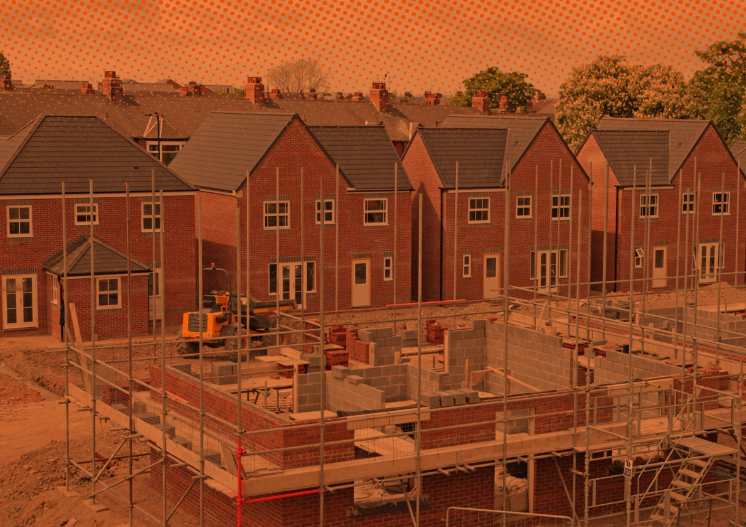In an age of video tours, social media ads, and AI property tools, some agents think blogging is outdated. That mindset is a mistake. Consistent blogging remains one of the most powerful ways to boost your visibility, authority, and traffic — especially when using a smart real estate SEO strategy.
If you want to show up when buyers and sellers are Googling questions, neighborhoods, or real estate advice, a blog turns your site into a magnet.
Blogging = Long-Tail Keyword Goldmine
When someone types “best school districts near Fort Lauderdale” or “how to price my home in a slow market,” they’re not looking at listings — they’re asking for guidance. Blog posts let you capture this search intent.
And here’s the kicker: long-tail queries are less competitive but highly targeted. They’re ideal for ranking quickly and attracting serious prospects.
An experienced real estate SEO consultant will help you plan blog content around:
-
Neighborhood guides
-
Pricing advice
-
Market trend breakdowns
-
Buyer/seller FAQs
-
Mortgage and inspection tips
-
Local lifestyle content
Each post is an opportunity to bring in organic traffic from potential clients — not just curious browsers.
Keep Readers (and Google) Engaged
The best blogs aren’t walls of text. They’re:
-
Clear and scannable with headers
-
Packed with value and insight
-
Easy to link internally
-
Built for SEO for real estate websites
Google favors websites that are frequently updated with original, helpful content. Blogging sends all the right freshness and authority signals to the algorithm.
Plus, each blog gives you more chances to rank for different real estate SEO keywords naturally, without stuffing them onto your homepage or service pages.
Internal Linking Superpowers
Every blog post is a weapon — but internal linking makes them strategic.
Linking to your main pages (services, locations, lead magnets) does two things:
-
It keeps visitors on your site longer (lower bounce rate = better rankings)
-
It helps Google understand your site structure and priority pages
For example, a blog about “how to stage your home in Phoenix” could link to:
-
Your “Sell Your Home” service page
-
Your “Phoenix Real Estate” landing page
-
A case study on a recent Phoenix home sale
This linking strategy is a favorite move of any skilled real estate SEO agency — because it works.
Local Authority and Trust
Blogging about local events, landmarks, news, and stats also builds local trust.
If you write:
-
“5 things to know before moving to [City]”
-
“How [Neighborhood] homes are performing this year”
-
“Top 3 family-friendly suburbs near [Area]”
You’re doing two things at once:
-
Attracting location-specific search traffic
-
Positioning yourself as a true local expert (which clients love)
This local authority plays a big role in local SEO for real estate and gives you a consistent edge.
Evergreen Content = Passive Leads
One great post can rank for years. That’s the beauty of evergreen content.
Imagine:
-
A “first-time homebuyer guide” that brings in 300 monthly visits
-
A “neighborhood spotlight” that ranks #1 for years
-
A “how to choose the best realtor” guide that generates leads
You wrote it once. It keeps working forever — that’s smart leverage for any SEO for real estate agents.
Blogging Helps With Social & Email Too
Every blog becomes a multi-use asset:
-
Share it on social media
-
Use snippets in your newsletter
-
Turn posts into Reels, carousels, or YouTube scripts
-
Link them in follow-up emails with leads
Blogging feeds all your other channels — it’s the engine of your content ecosystem.
Final Word
Blogging isn’t dead. It’s underrated.
If you want steady organic traffic, stronger rankings, and authority that compounds over time — a blog is your best ally.
And if you want to skip the guesswork? Hire a team offering real estate SEO services that includes blog planning, keyword strategy, and high-quality content creation tailored for your market.

